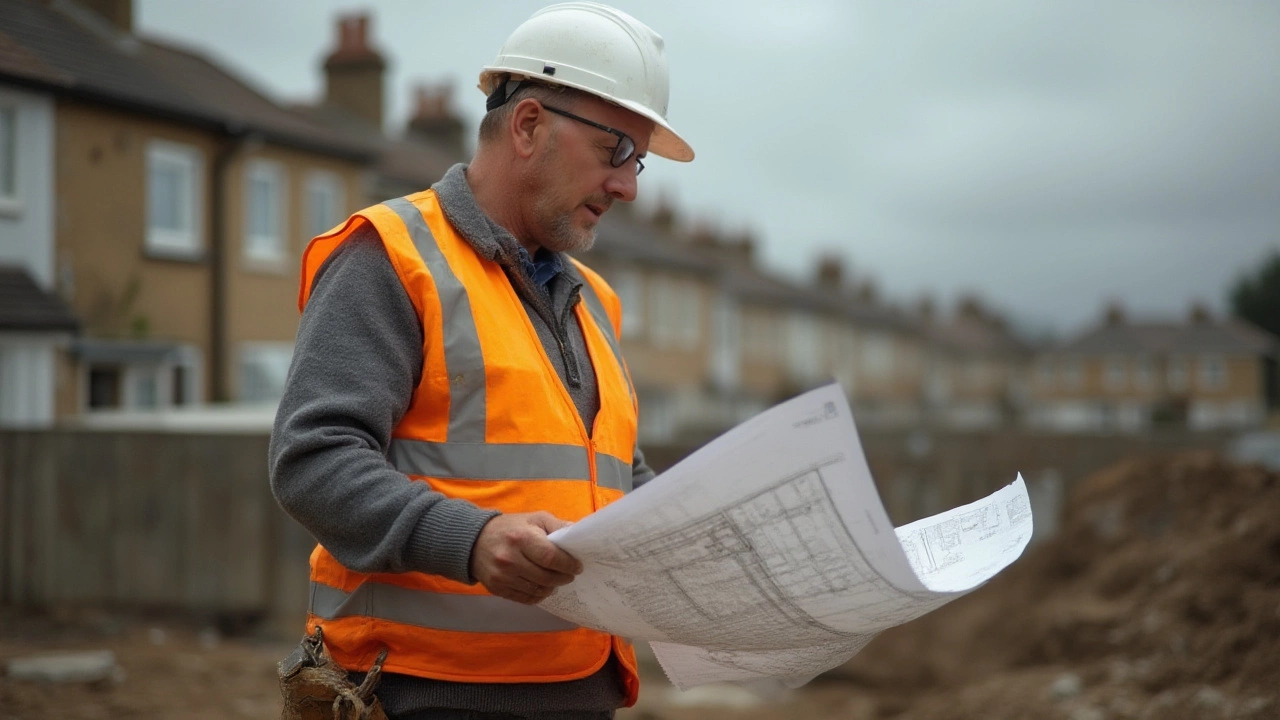Builder vs Construction Company: What’s the Real Difference?
When you start a building project, the first question almost always is: do I need a builder or a construction company? It sounds simple, but the answer can change your budget, timeline, and even the quality of the finished work. Let’s break it down in plain English so you know exactly who to call.
Key Differences You Should Know
Scope of work. A builder usually handles residential jobs – single‑family homes, extensions, renovations. They manage trades like carpenters, plasterers, and electricians on a smaller scale. A construction company, on the other hand, takes on larger contracts: multi‑unit blocks, commercial offices, or infrastructure projects. Their teams include project managers, estimators, and specialists for every phase.
Team structure. Builders often work as a single‑person operation or a tight‑knit crew. You’ll get a direct line to the person doing the work. Construction firms have layers – a site manager, a safety officer, a subcontractor coordinator. This can mean more paperwork but also tighter control over big jobs.
Pricing model. Builders tend to give a lump‑sum quote for the whole house. Construction companies may break it down into packages – groundwork, superstructure, finishes – which can help you see where money goes, but it also adds complexity.
Regulations and insurance. Both need proper licences, but a construction company usually holds higher‑level public liability insurance because the stakes are bigger. If you’re building a small bungalow, a licensed builder is often enough. For a ten‑storey office block, you’ll want the extra coverage a construction firm provides.
How to Choose the Right Partner for Your Project
Start with your project size. If you’re adding a kitchen or extending a bedroom, a reputable local builder who knows the area’s soil and planning rules will be quick and cost‑effective. For anything beyond a single dwelling – think apartment blocks, schools, or warehouses – hunt for a construction company with a portfolio of similar jobs.
Check references. Ask for recent projects, talk to past clients, and look at before‑and‑after photos. A builder should be able to show you at least three similar homes they’ve completed. A construction firm should provide case studies that include timelines, budgets, and how they handled unexpected issues.
Don’t forget the materials. Whether you hire a builder or a construction company, the quality of limestone, aggregates, and other supplies matters. Companies that source from local quarries like Lime Hillock often get better rates and faster delivery, which can shave weeks off your schedule.
Ask about project management tools. A construction company will usually have software to track progress, change orders, and costs in real time. Builders might rely on spreadsheets or phone calls. Choose the level of transparency you’re comfortable with.
Finally, compare quotes side by side. Look beyond the total price – examine what’s included: permits, site clearance, waste removal, warranty. The cheapest option might skip essential steps, leading to hidden costs later.
In short, match the size and complexity of your job with the right type of professional. A small‑scale builder offers personal service and flexibility, while a construction company brings the muscle and process control needed for bigger builds. Pick the one that fits your budget, timeline, and peace‑of‑mind, and you’ll be on solid ground from ground‑breaking to handover.
Builder vs Construction Company: Key Differences and Roles in Home Projects

Find out what sets a builder apart from a construction company, including their roles, responsibilities, and which is right for your next project.
read more



